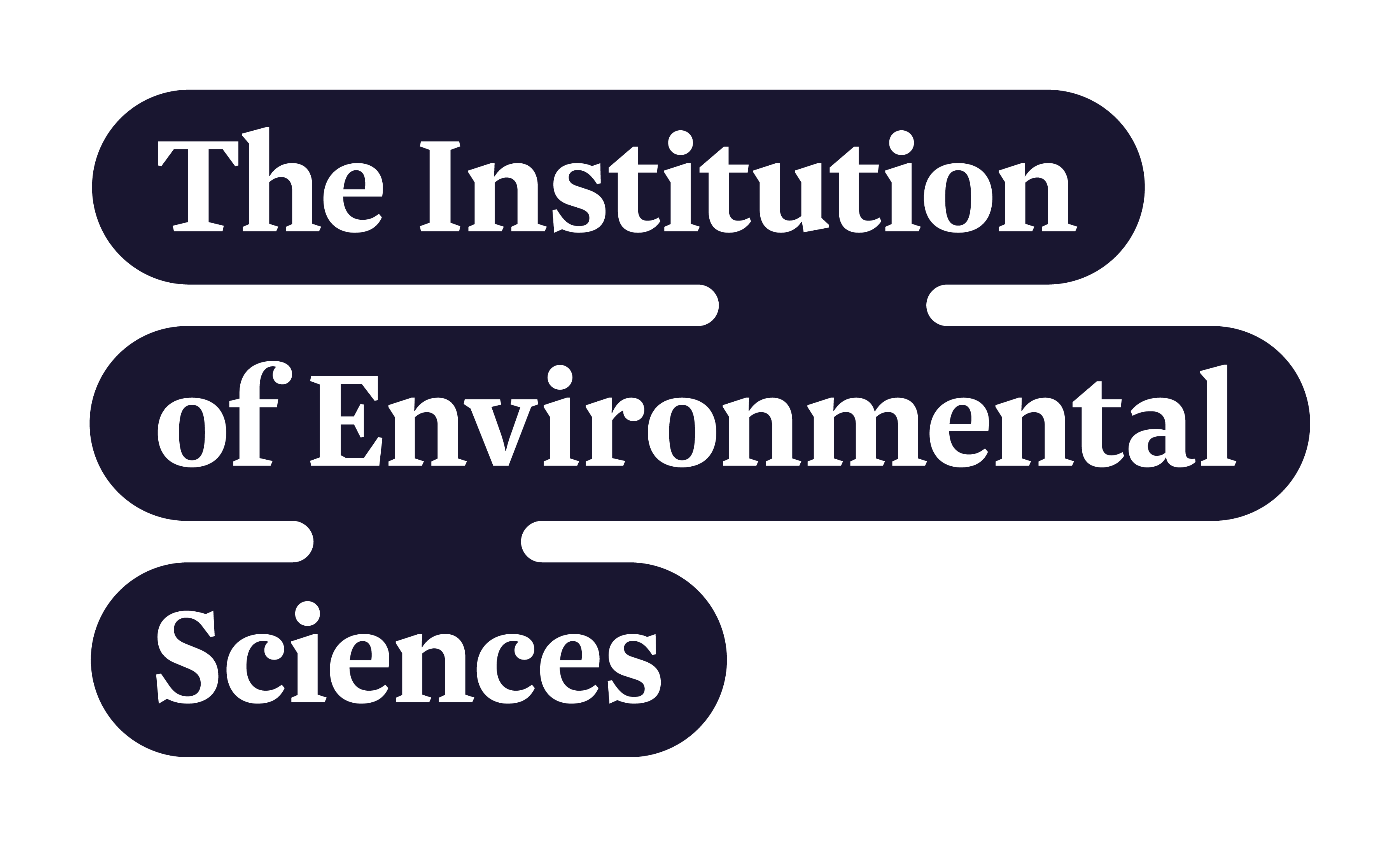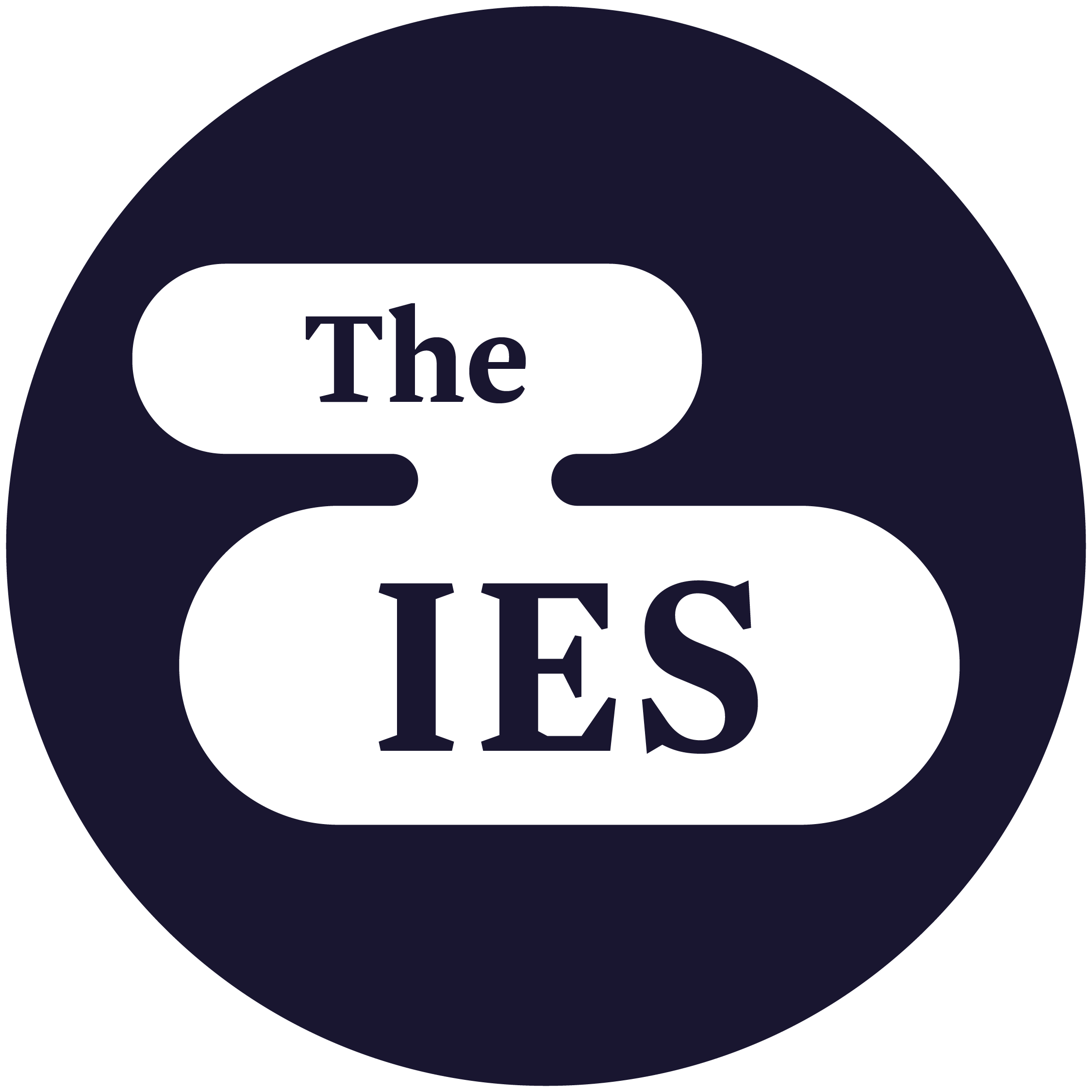IES Heroes 2015
As an organisation with large ambitions but limited resources, the IES is heavily reliant on the contributions of its committee members, volunteers and members. In our end of year round up we pay tribute to some of the individuals who helped make 2015 such a special year. It's also a chance to recap some of the things that happened in the environmental field and mark the IES' contribution to these events.
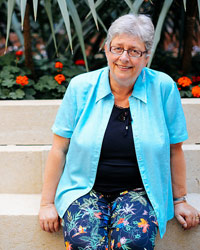 Prof. Carolyn Roberts
Prof. Carolyn Roberts
The IES Council are the beating heart of this organisation, and there is not a success story this year that our Council have not worked tirelessly towards helping us achieve.
It can be difficult to single out a Council Member as they all contribute so much. We however would like to say a special thank you to Vice President Prof. Carolyn Roberts for donating so much of her free time this year.
Carolyn has really gone above and beyond all reasonable expectations by not only guest editing our journal on New Materials and the Circular Economy, but by speaking at many events throughout the year. Highlights included her webinar Funding for Innovative Research webinar (video), her series at Gresham College and 'A Silent Witness: Murder and the application of Environmental Science' which due to popular demand is being repeated for members on January 27th.
Carolyn has recently been appointed the first Frank Jackson Professor of the Environment at Gresham College. A thoroughly deserved accolade.
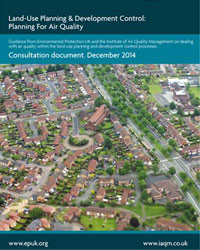 EPUK/IAQM Planning Guidance Working Group
EPUK/IAQM Planning Guidance Working Group
We would like to thank the Working Group who volunteered their time and expertise to put together this important piece of guidance from Environmental Protection UK and the Institute of Air Quality Management.
The guidance outlined why air quality is an important consideration in many aspects of local authority spatial planning, emphasising how good planning can reduce exposure to air pollution, whilst also delivering other enhancements to community wellbeing. It also highlighted the importance of applying good design and best-practice measures to all developments, to reduce both pollutant emissions and human exposure.
A special mention must go to Stephen Moorcroft and Roger Barrowcliffe, the working group co-chairs, for their outstanding efforts on this project.
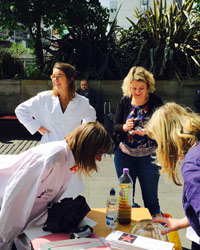 The 12 speakers at The Soapbox Science - An environmental special
The 12 speakers at The Soapbox Science - An environmental special
In July, twelve exceptional female scientists braved the elements to bring Manchester the first ever IES, Soapbox Science Environmental Special.
Our scientists travelled in from all over the UK, armed with some BIG facts and props to capture the imagination of the people of Manchester. Passersby, both young and old learnt something new that day, such as how a volcano works, or how minerals can be used to clear radioactive waste.
This was a great public engagement project and could not have been done without these impressive women who put in a great amount of work both before and throughout the event to make it a success. Thank you.
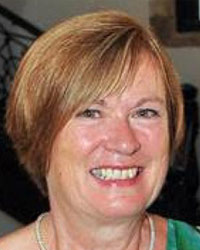 Dr Claire Holman
Dr Claire Holman
Dr Claire Holman has been an active member of the IAQM committee for many years, recently succeeding Roger Barrowcliffe to be Chair after a year of heroics that have demonstrated both her commitment to improving air quality and the membership offering of the Institute.
Most notably has been the time and energy Claire put into curating and planning Routes to Clean Air, our first ever 2-day air quality conference. Its success has been a testament to her hard work and we are delighted to report Routes to Clean Air will be back again in 2016.
The IAQM is lucky to again have such a dedicated Chair and we are excited to see the great things in store for the Institute under her direction.
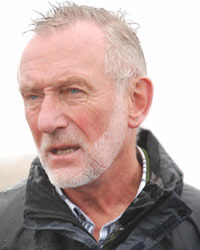 Sir John Lawton
Sir John Lawton
Professor Sir John Lawton became President of the Institution of Environmental Sciences in April 2015, having been appointed an Honorary Fellow in 2011.
John is an eminent British ecologist, currently Vice President of the RSPB, Chair of the Yorkshire Wildlife Trust and a Life Fellow of WWF-UK. In 1989 he was elected a Fellow of the Royal Society, and was knighted in 2005 for his contributions to ecological science.
He has played a major part in promoting UK-wide wildlife conservation, leading the ‘Lawton Review’ of the resilience and adequacy of England’s wildlife sites. Over the last decade, he has been particularly interested in the impacts of environmental change on ecosystems worldwide and has been notably outspoken about the issue of global warming.
Sir John has published over 320 scientific papers throughout his career, and in 2011 he was awarded the RSPB medal for his contributions to wild bird protection and countryside conservation.
Sir John will be interviewing Susan Owens' at the launch for 'Knowledge Policy and Expertise: The UK Royal Commission on Environmental Pollution' in the new year. Book tickets now to meet him in person.
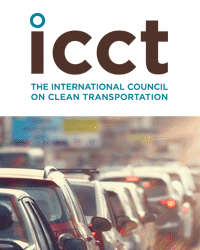 The International Council on Clean Transportation
The International Council on Clean Transportation
Air quality has been big news in 2015. The scandal regarding real world diesel emissions was sparked when the US NGO, the International Council on Clean Transportation (ICCT) fitted portable emissions testing equipment to several diesel fuelled cars. The USA has higher emissions standards than the EU, and the VW cars being tested generally passed lab-based tests. However, on the ICCT test run, the VW Jetta vehicle tested exceeded NOx emission limits by 15 to 35 times.
After these revelations, Volkswagen was forced to admit to ‘gaming’ US emissions tests using a ‘defeat device’, which altered vehicle performance in lab conditions. This scandal has since spread around the world, with real world emissions from many manufacturers being measured as significantly higher than legal limit values (as James Tate demonstrated at the IAQM’s Routes to Clean Air Conference in October), and VW also admitting to using a defeat device on some cars in Europe.
Of course, many air quality scientists have been arguing that real world emissions have been too high for many years, as analysis from our journal archive showed, but these new revelations, and attention from the press and public, are forcing companies and regulators to act.
This month, leading scientists from 10 countries have come together to call for stronger regulation on diesel emissions. We hope for significant progress in 2016, but such action would have been much less effective without the efforts of the ICCT this year, bringing this information to light.
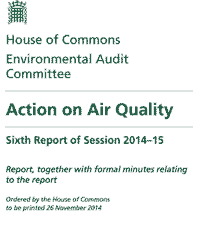 Joan Walley
Joan Walley
After 28 years as MP for Stoke on Trent North, Joan Walley stood down from Parliament at the General Election in May this year. Joan has been a leading champion for environmental issues within parliament for many years, most recently as Chair of the House of Commons Environmental Audit Committee.
In this position she has been a strong advocate for environmental policies, and unafraid to call the government to account. She has been a leading voice arguing that fracking for shale gas is incompatible with the Government’s climate change targets, and instrumental in the publication of the EAC’s third report on air quality in five years, which called for changes to planning rules, and stronger policies to reduce emissions. During her time as Chair she has also called for greater action to promote a circular economy, and accused the government of having its head in the sand over waste policy. As she steps down from this role, we want to recognise her unwavering commitment to environmental issues throughout her parliamentary career, and wish her the best for the future.
Since stepping down from Parliament, Joan has taken on the role of chair at the Aldersgate Group, where we are delighted to see that she is continuing to be a strong voice for the environment in business and policy.
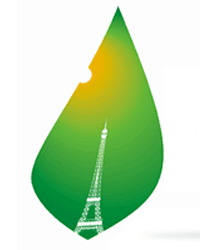 COP 21
COP 21
No environmental review of 2015 would be complete without a mention of COP 21. After marathon negotiating sessions, on 12th December a final draft agreement was presented by the French COP presidency in Paris, which was later adopted by 195 countries, awaiting ratification in 2016. This agreement represents the first legally binding global climate deal, including an aim to limit global average temperature increase to 1.5 degrees.
Although the national climate action plans submitted do not yet equate to emissions reductions sufficient to keep global warming below 2 degrees, this agreement maps a path to achieving this target, and as such the COP 21 negotiators are one of our heroes of 2015.
Of course, the Paris Agreement is only the beginning – the true test is delivering on the targets set in this text. As a signatory to an open letter from a Global Alliance representing over 10,000 universities, we hope that environmental scientists will now take a leading role in translating the amazing research done in our HEIs into practice and driving innovation to meet these targets. The IES is also proud to have signed the Paris Pledge for Action, a call to action on an unprecedented scale and a pledge of support. We hope that the ambition shown by negotiators in Paris will be matched in the coming months and years by policy makers and businesses in the UK and around the world.
